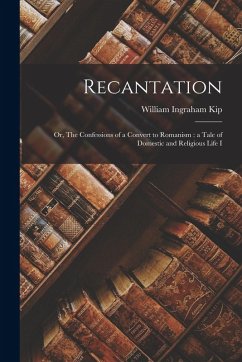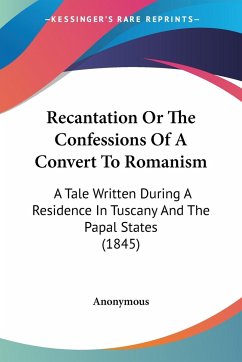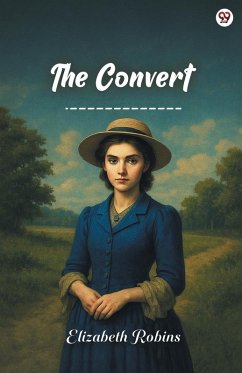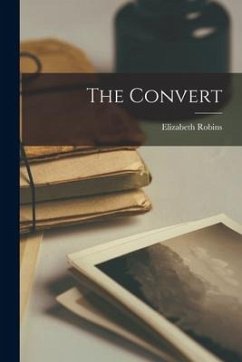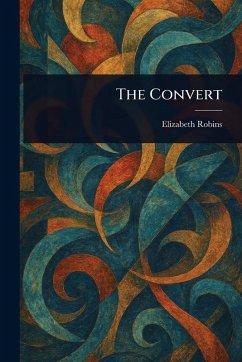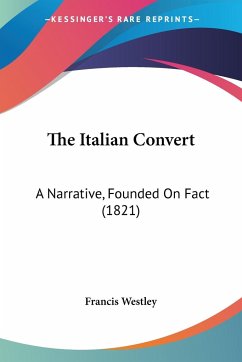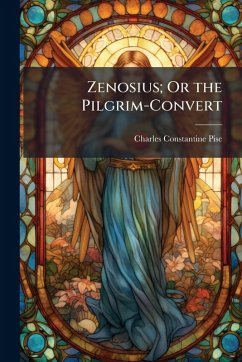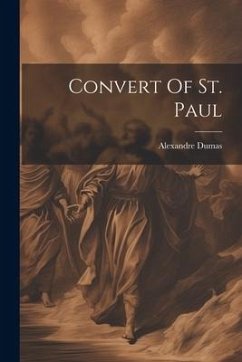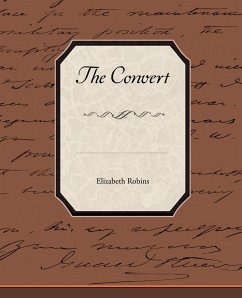
The Convert
Versandkostenfrei!
Versandfertig in 1-2 Wochen
29,99 €
inkl. MwSt.

PAYBACK Punkte
15 °P sammeln!
This novel, first published in 1907, brings to life Robin's experience and that of her colleagues, Christabel and Emmeline Pankhurst, in the story of Vida Levering, an upper-class British woman "converted" to the working-class suffrage movement. In a suspenseful plot, Robins contrasts the witty dialogue of elegant drawing rooms with the rough-and-tumble outdoor meetings of Trafalgar Square, recreating them almost word for word from actual accounts. Ultimately, Vida begins to make her own first speeches and out of the tragic events of her past devises a means of effecting women's political free...
This novel, first published in 1907, brings to life Robin's experience and that of her colleagues, Christabel and Emmeline Pankhurst, in the story of Vida Levering, an upper-class British woman "converted" to the working-class suffrage movement. In a suspenseful plot, Robins contrasts the witty dialogue of elegant drawing rooms with the rough-and-tumble outdoor meetings of Trafalgar Square, recreating them almost word for word from actual accounts. Ultimately, Vida begins to make her own first speeches and out of the tragic events of her past devises a means of effecting women's political freedom. Jane Marcus puts this "funny, moving, and beautifully structured novel" in a class with Virginia Woolf's Night and Day.



